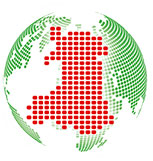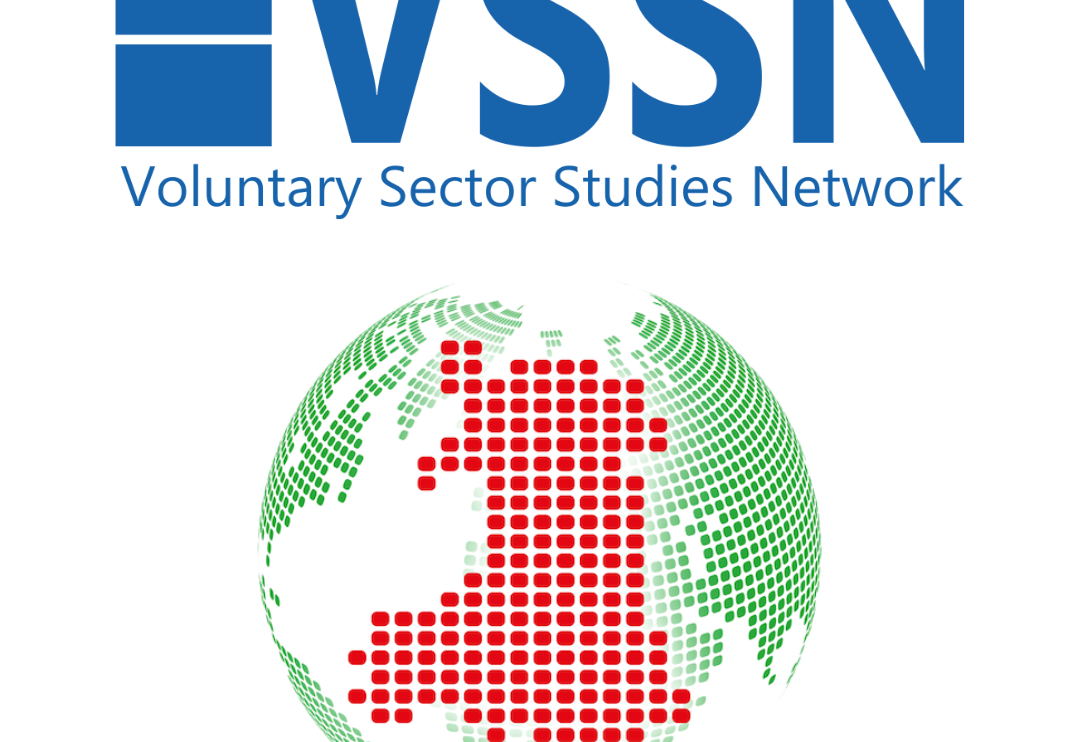
The role of local community and voluntary organisations in polarisation
A VSSN and WISERD event to explore the role of community and voluntary organisations in the polarisation of local communities.
#VSSN_AberThis is a hybrid event, you may register to attend in person or online.
We encourage those who are able to attend in person to do so in order to experience a great in-person programme, our lovely Welsh seaside university town and warm Welsh welcome. We are committed to inclusion and hybrid events are vital to achieve this so we are determined to give those of you who join us online a meaningful experience too.
About
“Enabling communities to respond more effectively to the challenges that they face in the contemporary context; developing collective strategies for social justice and community solidarity; and promoting the politics of hope rather than exacerbating the politics of hate. These are ambitious aims and not without their own inherent tensions.”
Mayo 2021 p.71 “It’s easy to take a pessimistic view of our polarised world, particularly in the light of recent events… without a doubt, a high level of polarisation can be destabilising and dangerous. It’s this we have to counteract.”Goldsworthy et al. 2021 p.9
The Voluntary Sector Studies Network (VSSN) and the Wales Instituted of Social and Economic Research and Data (WISERD) are delighted to jointly host a symposium to explore the role of community and voluntary organisations in polarisation in local communities, discussing:
- inclusion and exclusion within the community and voluntary sector,
- community cohesion, its drivers and obstacles,
- polarisation and political conflict in local civil society,
- community innovations for promoting unity and/or deliberative democracy,
- the roles that community and voluntary organisations play in reinforcing and/or resisting polarisation.
Speakers:
- Keynote: Derek Walker, Future Generations Commissioner for Wales– How is Wales well-placed to resist division from an increasingly polarised world
- Professor Marjorie Mayo, Goldsmiths University of London- Community development and popular education in populist times
- Amanda Morris, Muslim Council of Britain- Educating and empowering communities to challenge problematic media representation of Muslims and Islam
- Anthony Ince, Cardiff University- Anti-fascism and the relationship between the ‘good citizen’ and social infrastructure
- Alison Goldsworthy, Co-Author of “Poles Apart: Why people turn against each other and how to bring them together”- Next Steps: Future opportunities to address polarisation in Wales
Programme
09:00 – 10:00 Pre-conference collegiate breakfast & networking session (face to face)
10:00 – 10:10 Welcome and introductions (online/hybrid)
10:10 – 11:40 Presentations and discussion (online/hybrid)
11:40 – 13:00 Lunch & meet the community & voluntary organisations (face to face)
12:30 – 13:00 Online networking (optional extra) (online)
13:00 – 14:00 Presentations and discussion (online/hybrid)
14:00 – 14:30 Keynote Speaker: Future Generations Commissioner (online/hybrid)
14:30 – 15:00 Afternoon Tea & Alison Goldsworthy: Next Steps (online/hybrid)
15:00 – 16:00 Final dialogue encounters & collegiate cakes (face to face)
Rationale
The event is part of a regular series of VSSN day events and part of the dissemination and involvement activities of WISERD project “Populism, Conflict and Political Polarisation”.
A growing theoretical concern of voluntary sector studies is to challenge the presumption that voluntary and charitable activity is always imbued with a social good (Grotz and Leonard, 2022, pp 57-76). Theorists are beginning to recognise civil society organisations whose collective activities perpetuate division or conflict (Edwards 2014). Yet, grassroots communities can also be viewed as the loci through which polarisation and populism is resisted (Ife 2021). Polarisation theorists draw on democracy theory in political science, intergroup contact theory in psychology alongside analysis of how attitudes can be altered to identify strategies for overcoming societal divides. (Goldsworthy et al. 2022).
Format
The format for this day conference will respond to the specific dimension of polarisation that can divide academic expertise from the wider society and also works with face to face, online and hybrid options. The day conference will be facilitated promoting dialogue between academics and voluntary sector practitioners from a broad range of civil society organisations, recognising their dual expertise and drawing on inclusive and participative involvement methods, thus putting theory concerning how to break down divides into practice. “Minds shall be open, conversations shall be kind, and different knowledges shall have equal value” (Locke and Grotz, 2022, p:191).
This day conference is supported by:
- Voluntary Sector Studies Network (VSSN)
- Wales Instituted of Social and Economic Research and Data (WISERD). This event is related to an ongoing ESRC research project called Populism, Conflict and Political Polarisation as part of the Civic Stratification and Civil Repair theme at the WISERD Civil Society Centre.
- The Centre for Welsh Politics and Society (CWPS) at Aberystwyth University.
- The recently launched Dialogue Centre in Aberystwyth University.
Who should attend?
This event is open to all who are interested. We encourage attendees who are:
- Scholars with an interest in civil society, particularly community and voluntary organisations and / or with an interest in polarisation, populism, community cohesion or deliberative democracy
- Representatives from community and voluntary organisations with an interest in polarisation within their own communities and how this can be overcome
- Public sector representatives with an interest in polarisation within communities and how this can be overcome.
Please note, this event will be held in English.



0 thoughts on “The role of local community and voluntary organisations in polarisation”